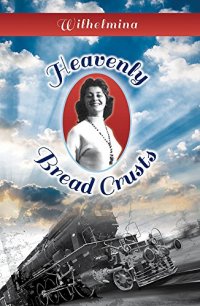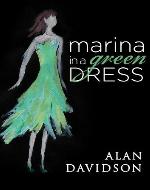Wilhemina has written twenty two short stories which reflect a lifelong journey from childhood into maturity. Together they create a romance
novel describing a hero battling for survival, food, identity and the sense of belonging that every human deserves and which she was denied because
of war. The starvation she was exposed to as a child served to intensify her appetite and even the bread crusts she would suck on for sustenance
she experienced as a heavenly delight. Later on in life, this lack of food turned into a constant appetite and strong yearning for love, family, friends and men.
Although the reader is drawn into the world of hunger, wanderings, turmoil and abandonment, the impression the book leaves upon the
reader is one of triumph. The hero, Wilhelmina, lives her challenging life with humor and acceptance of herself and the world .
The stations of her international life journey are Asian Uzbekistan, a displaced persons camp in Germany, young Israel and other locations all
over the world. She shares her religious experience in Judaism, Pravoslavic Christianity, and Islam in an honest and authentic voice. The book’s style
is original and unique and the puzzle of an exotic, colorful worldview creates an appetite for more.
Heavenly Bread Crusts is a ‘fringe’ holocaust memoir, says Prof. Yaoz Kest, holocaust researcher. Even though Wilhelmina’s book concentrates on the
Jewish experience, it is an international reading experience, portraying the amazing capability of man to survive harrowing experiences.
The writer and poet, Wilhemina, originally published Heavenly Bread Crusts in Hebrew as well as book of poetry. The story, “Dinia and the Uzbeki
Dance” won a national Israeli writing competition. In 2015 she won the “Golden Inkwell ” from the Association of Hebrew Writers. Wilhemina is
an educator and lecturer at an Israeli college and as researcher, published several papers in Israel and worldwide.





